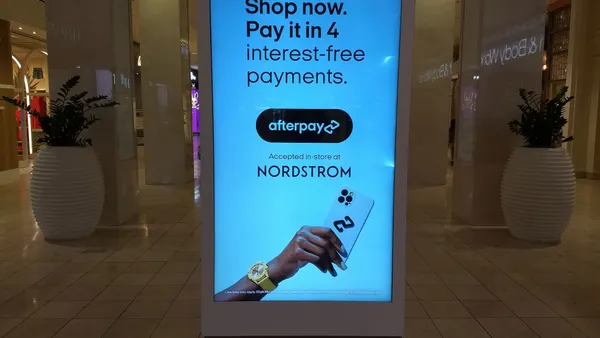U.S. Bank is piloting a new real-time payments application, teaming with car sales company Lithia Motors to offer a speedier way for consumers to sell their used cars from the driveway of their homes, the companies said in a press release last month.
It’s the bank’s bid to make a bigger name for itself in embedded payments, the business of embedding payments processes in transactions in a way that’s simple to use and more efficient.
In the latest application, Medford, Oregon-based Lithia, an online car dealer for new and used vehicles, is working with the bank to allow for real-time payments from customers who sell their used cars to the dealership in an at-home transaction. It's part of Lithia's e-commerce Driveway strategy.
The payment innovation is being piloted now in Portland, Oregon and is expected to be rolled out nationwide this year, said Mike Jorgensen, who leads U.S. Bank’s emerging solutions and strategy in its Global Treasury Management business.
Using real-time payments for used car sales was a way to give Lithia a "competitive edge in the market with new payment solutions," Jorgensen said in an interview. He declined to discuss the pricing arrangement for the payments tool.
"Customers selling a car on Driveway.com can now have the payment deposited instantly into their bank account after a sale is complete and before the vehicle even leaves their driveway," the companies said in the release.
To make use of the service, a seller enters details about the car to be sold online to get an instant quote. If the seller wants to follow through on a sale of the car, he or she responds to an email invitation and provides financial details via the Driveway-U.S. Bank digital payment portal. After an in-person inspection, the payment is deposited into the car seller’s bank account. Normally, the transaction could take days to settle.
The real-time payments flow over the RTP Network operated by The Clearing House, which is owned by a group of banks, including Minneapolis-based U.S. Bank. The banks have been seeking to increase the use of RTP for instant payments on any day at any time.
The bank aims to showcase how RTP can be used and offer more customers more ways to use such real-time payment tools, Jorgensen said. U.S. Bank is also working on new applications in the broker-deal and residential real estate title markets, he said.
The Federal Reserve Board will introduce a real-time payments service next year that competes with the RTP Network, putting pressure on TCH to keep building demand for its service now before the new rival arrives.












